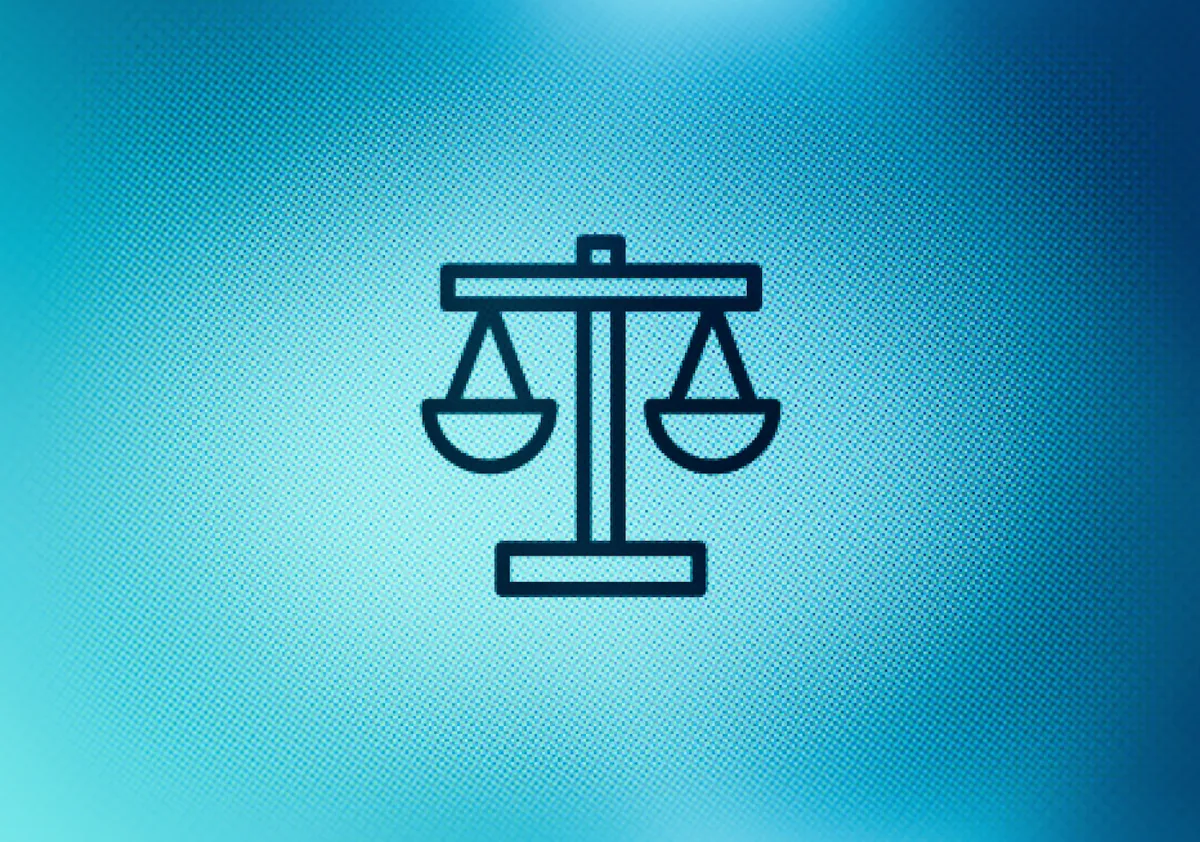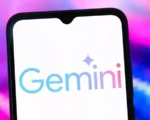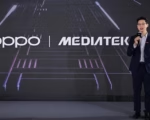The RIAA, representing major music labels like Sony Music Entertainment, Universal Music Group, and Warner Records, has filed lawsuits against AI startups Udio and Suno for alleged copyright infringement. The accusations claim that these companies trained their AI models using copyrighted music from the labels without compensating them, seeking $150,000 per infringed work.
The core argument from the labels is that AI-generated music could flood the market, potentially devaluing original recordings and posing competition to genuine artistic content. This legal action contributes to a broader trend of litigation against AI vendors, including notable cases involving OpenAI. The crux of these lawsuits revolves around whether AI companies should pay royalties or credit original creators for using their copyrighted material in training models, with demands also for opt-out provisions.
AI companies typically defend themselves using fair use arguments, asserting that the data used for training is publicly available and that their outputs are transformative rather than mere replicas of the originals.
The outcome of these legal battles remains uncertain, with significant implications for the future of AI development and copyright law. While evidence suggests AI models can closely replicate copyrighted works, past legal precedents, such as those set by Google, may influence the final rulings.
This ongoing debate highlights the complex intersection of AI technology and intellectual property rights, promising prolonged legal scrutiny and potentially landmark decisions in the years ahead.


















